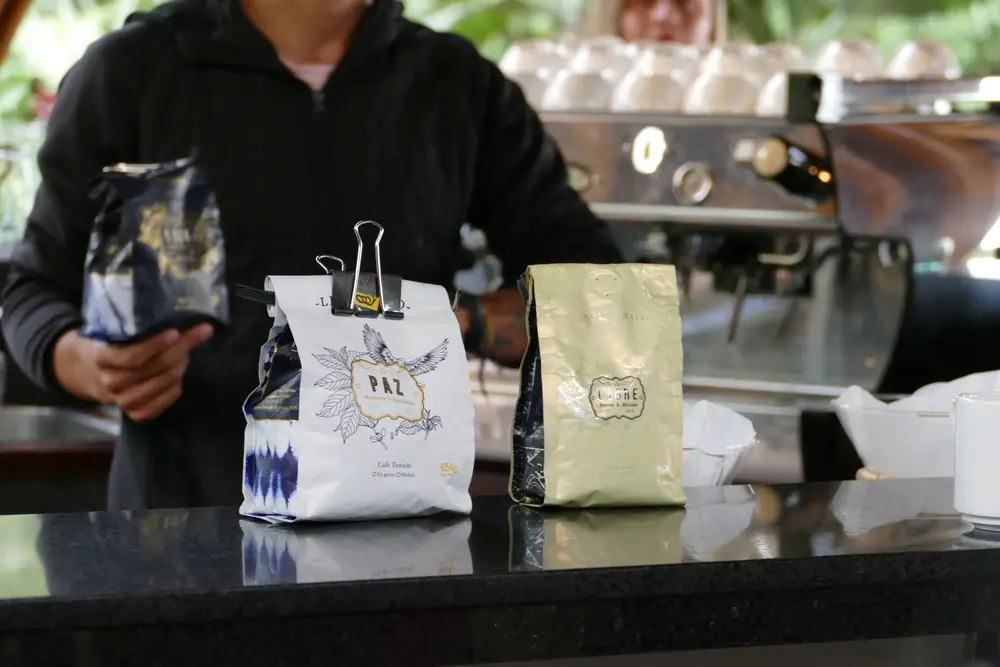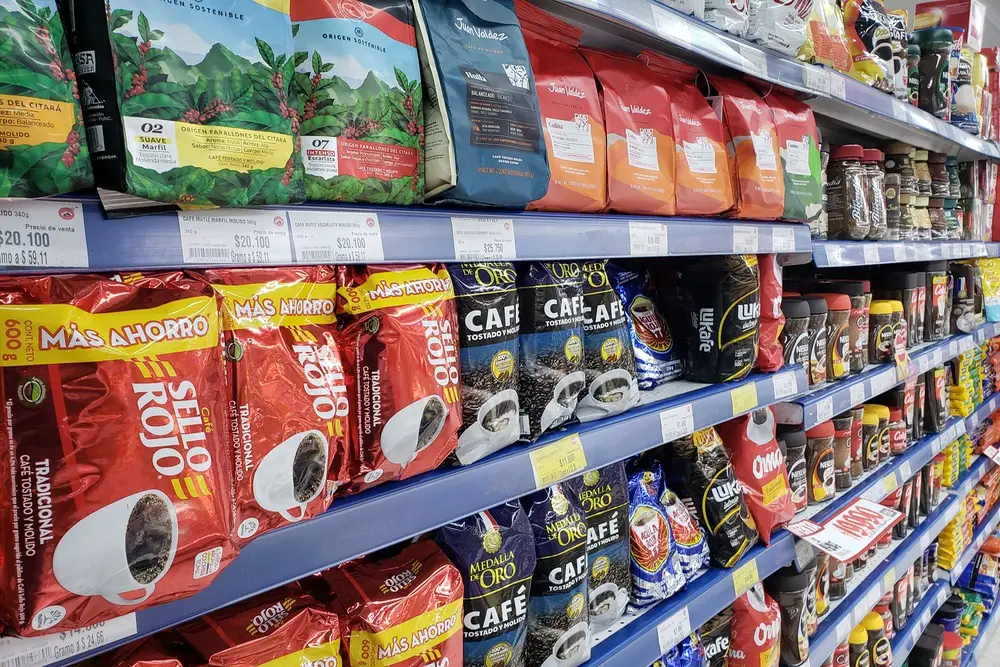Oceania is a diverse region that includes coffee producing countries such as Australia, Papua New Guinea and Vanuatu. Each country has its own coffee industry with different regulations, procedures and ways of importing this coffee.
Table of Contents
Coffee in Australia
Australia has a thriving coffee industry known for its high-quality Arabica beans. The country is home to a number of specialty roasters and baristas, and coffee culture is growing rapidly. Coffee is mainly grown in the subtropical regions of Queensland and New South Wales, as well as in Victoria, South Australia and Western Australia.
Coffee in Papua New Guinea
Papua New Guinea is a major coffee producer in the Pacific region and its coffee industry is an important source of income for the country. The country is known for producing high quality Arabica beans grown on the volcanic soils of the highlands. The coffee industry in Papua New Guinea is still relatively undeveloped but has potential for future growth.
Coffee in Vanuatu
Vanuatu is a producer of high-quality Arabica beans grown primarily on the island of Espiritu Santo. The country is becoming increasingly known for its specialty coffees, with small and medium-sized farms producing high-quality beans.
Import of coffee from Australia, Papua New Guinea and Vanuatu
When considering importing coffee from Australia, Papua New Guinea and Vanuatu, there are a few important points to keep in mind.
Import regulations
Find out about the specific requirements for importing coffee into your country. For information on the required permits and documents, please contact the government agency responsible for import regulations and customs.
Quality of the coffee
Make sure the coffee you import meets the quality standards applicable in your country. This can include aspects such as the plant variety, the production method and the type of processing.
Costs
Find out about the costs associated with importation, such as shipping costs, duties, taxes and additional charges. These costs may vary depending on the country of origin and destination.
Packaging and Transport
Make sure the coffee is properly packaged and transported so it arrives in good condition. Check the available transport options and choose the one that best suits your needs.
Shipping time
Consider the shipping time of the coffee. Coffee is a perishable product and should therefore arrive as quickly as possible to maintain its quality and freshness.
Reliable suppliers
Look for reliable and reputable suppliers in the countries of origin. Find out about the quality of their coffee, their experience in the market and order fulfillment history.
Conclusion
Each country in Oceania has its own coffee industry and its own regulations for importing coffee. It is important that you research the regulations of the country you wish to import coffee from and obtain the necessary licenses and permits. You also need to comply with regulations on food safety, labeling and packaging, biosafety, and health standards.
It is advisable to consult the relevant authorities and hire a customs broker to assist you with customs clearance. It’s also important to verify the quality and sustainability of the supplier’s coffee beans before making a deal.




